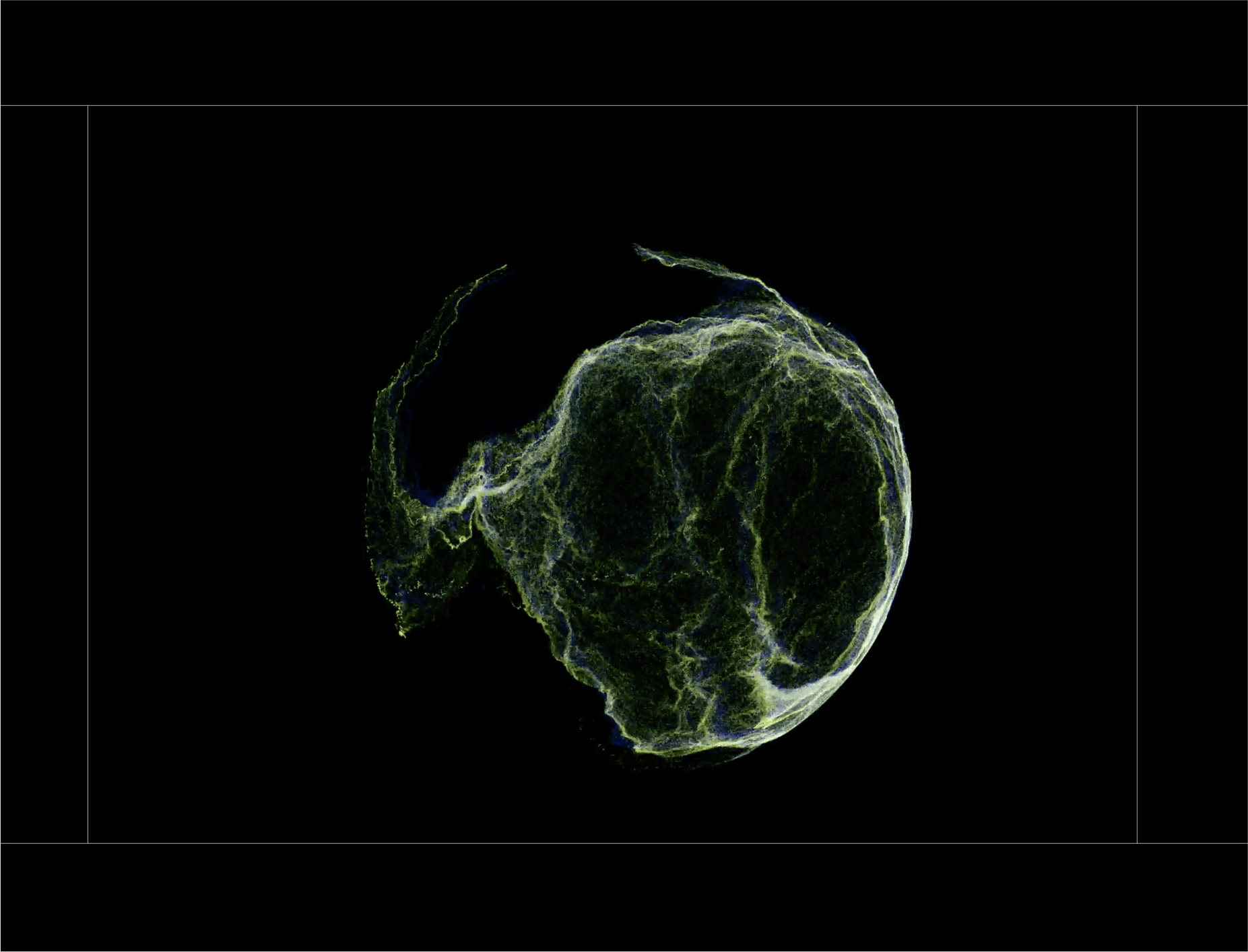Why we invested in Radical AI
Materials science is often the hidden enabler behind many of the most transformational technologies. From advanced batteries and hypersonic flight to nuclear fusion and low-loss transformers, the performance and availability of novel materials define what’s technologically (and commercially) possible.
And yet, the process of developing new materials remains painfully slow. Traditional discovery takes years, often decades, and requires immense trial-and-error across siloed workflows. The industry is still structured around fragmented experimentation, isolated lab data, and handoffs between computational discovery and real-world validation. Despite incredible demand for high-performance materials, the process of finding and testing them remains a bottleneck.
Radical AI is changing that, having built a vertically integrated platform for materials discovery, testing, and commercialisation. Their system combines:
· AI-driven computational discovery, which rapidly explores vast compositional spaces for promising new materials;
· A fully autonomous, self-driving lab, which performs high-throughput experimental validation and synthesisation; and
· A commercialisation pipeline, which connects discovered materials to real-world applications across sectors like aerospace, automotive, and energy.
Crucially, this is not just a software company or a robotics startup; it’s an ambitious, full-stack effort to reinvent how material science is done. Radical’s end-to-end approach creates a closed-loop system where experimental results continuously feed back into the discovery models. This compounding flywheel not only improves accuracy and efficiency, but also creates a growing proprietary dataset. That kind of throughput fundamentally shifts the timeline and economics of materials science.
The timing for Radical’s vision is deeply compelling. We see three converging macro trends that make this the right moment for an AI-native materials company to emerge:
1. Frontier technology bottlenecks: Advanced sectors like clean energy, aerospace, and next-gen computing are increasingly limited by the performance of available materials. Whether it's thermal resilience in hypersonic flight or energy density in batteries, novel materials are the rate-limiting factor in deployment.
2. AI & automation readiness: The building blocks for scaled innovation are now in place. Machine learning models have matured enough to make accurate predictions in complex domains. Robotics labs can now run repeatable, autonomous experiments at industrial scale. Radical sits at the intersection of both.
3. The urgency of decarbonisation: Many breakthrough technologies needed to address the climate crisis (such as fusion, better grid storage, and lightweight electrified transport) depend on the rapid development of new materials. The status quo simply cannot deliver on the required timeline.
We’ve long believed that the next wave of industrial disruption will be powered by integrated AI-native platforms solving foundational bottlenecks in the real world. Radical exemplifies this thesis. The team combines deep domain expertise in materials science, machine learning, and company building. This is not a team dabbling inhard tech; it’s a group that has spent their careers in the labs, scaling research into real products, and designing systems to tackle the hardest problems in science and industry.
Radical’s end-to-end platform is reimagining how we discover, test, and commercialise new materials; unlocking previously inaccessible innovation at the intersection of AI, automation, and advanced manufacturing. We’re proud to back them on this journey, and more excited than ever about the future of AI-led science.

